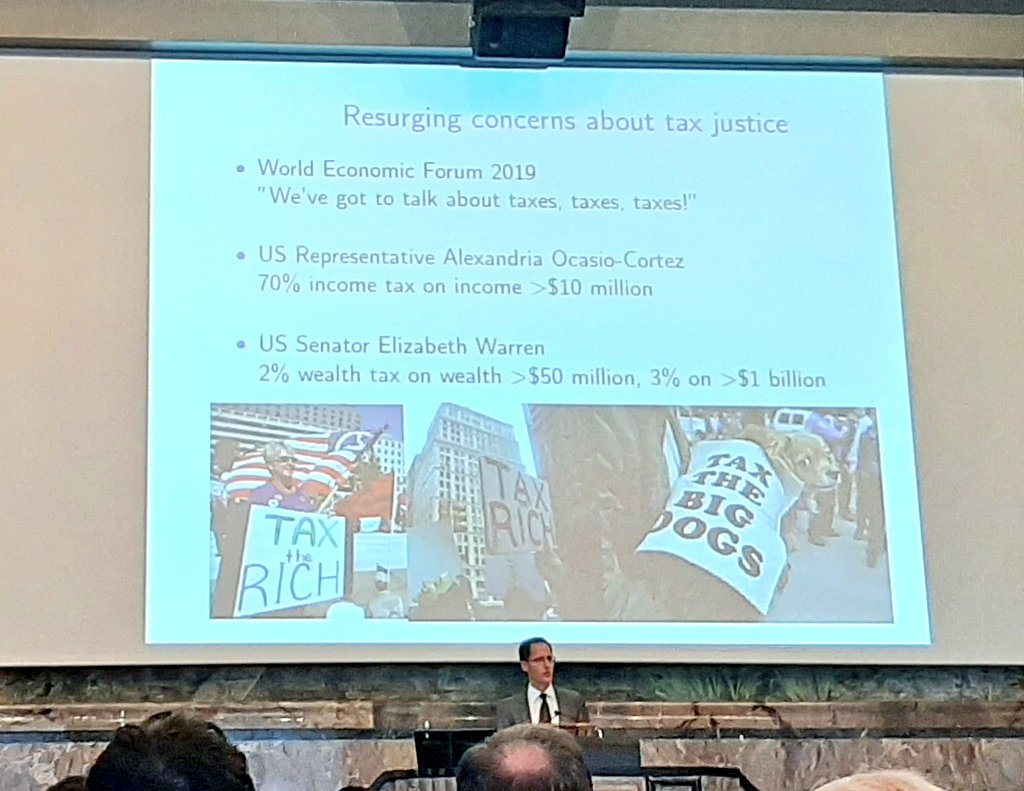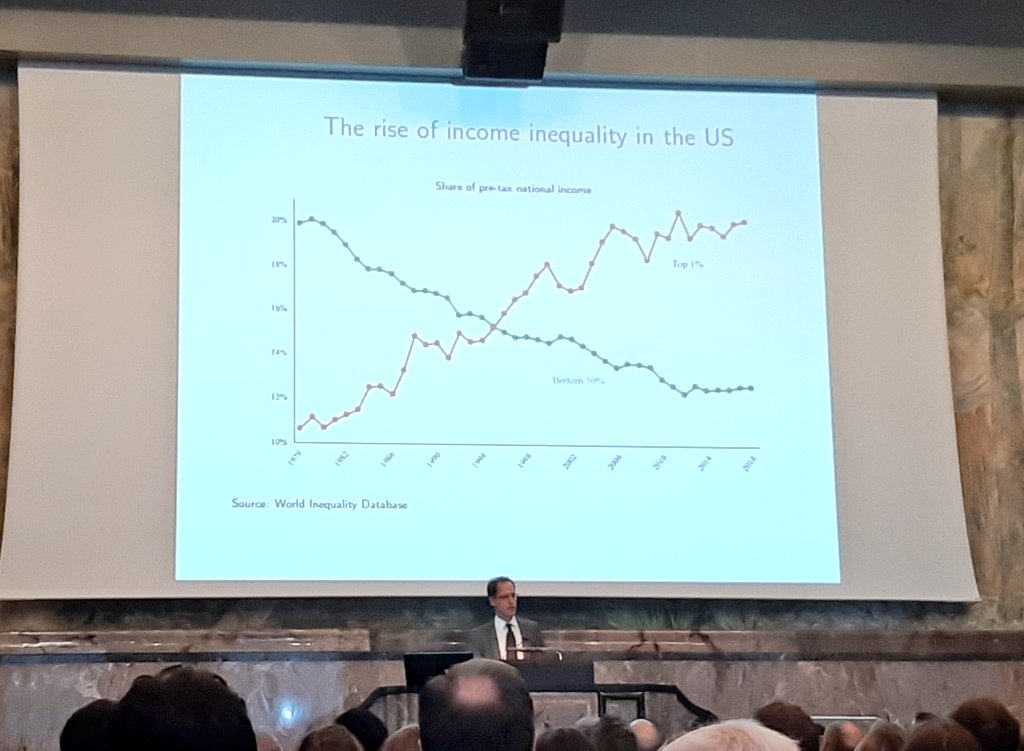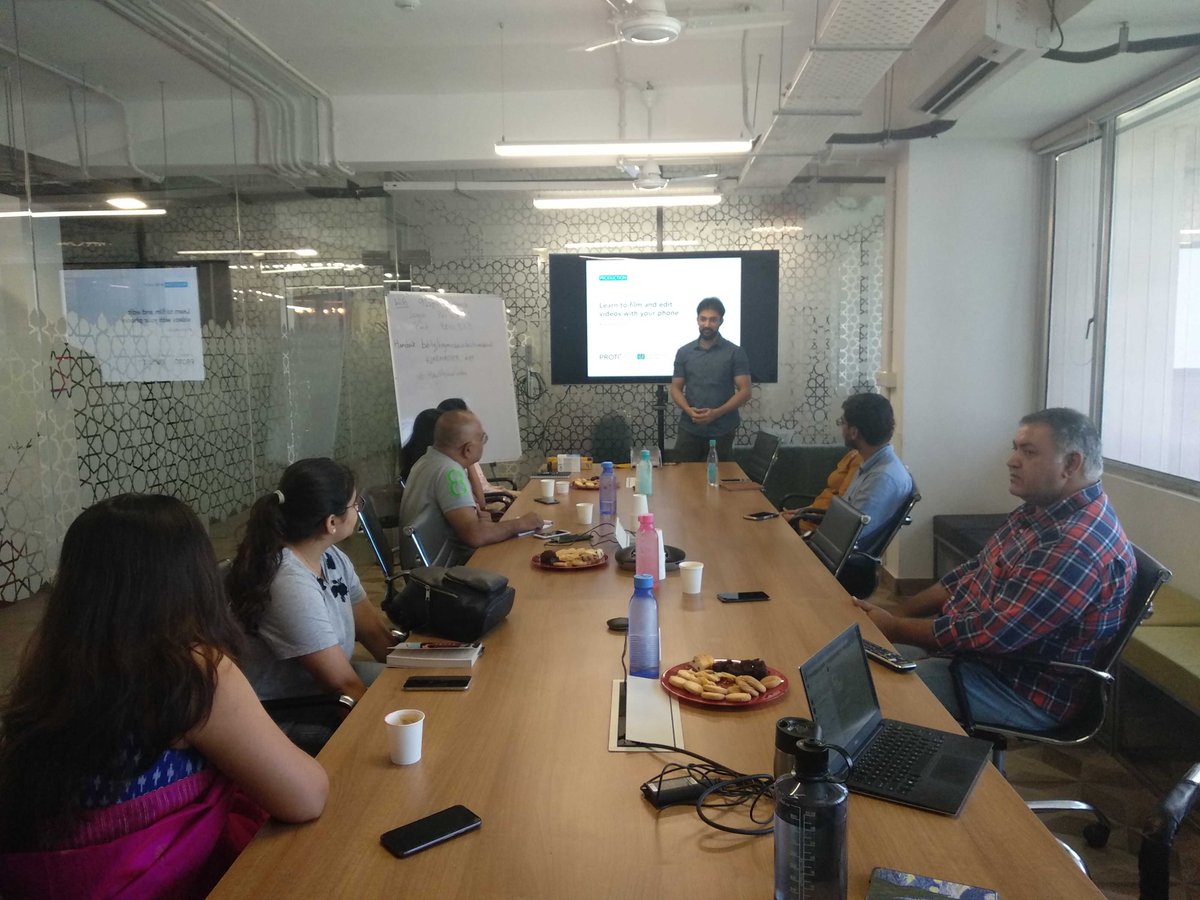Many thanks for your patience with my response. It has been a particularly busy week, and I appreciate the opportunity to respond a few days later when I have again a window with a bit of uninterrupted time.
1/n
You both mention the lack of other theories taken into account. Andrew even states that "the work of the prize winners represents the culmination of this evolution of mono econ"
2/n
It surprises me, however, that the current Nobel winners or the methods or randomized field studies are singled out particularly on this.
3/n
4/n
5/n
This is not to say that surely development economics also has many blind spots.
6/n
7/n
8/n
1) We need more & more constructive dialogue. Mainstream econ has evolved *a ton* over recent decades & has the potential to continuously evolve. I am hopeful that constructive exchange of ideas has the potential for positive disruption.
9/n
I looked at it on the website (unfortunately, I don't have access to...
10/n
If I read the references listed online correctly, that article in turn does not cite any papers published in leading mainstream economics journals. (Of course I don't know how representative this is.)
11/n
My sense separating the critiques of the methods of randomizing (or of field work by foreigners) from the critique of the theory is helpful to clarify the discussions.
12/n
My sense is that when we discuss them separately where possible, it will help people better understand the concerns & ...
13/n
This leads me to the point on methodology that each of you raise. @andrew, you bring up the topic of causal inference, and the focus of empirical mainstream economics on causal inference in recent years.
14/n
15/n
First, you mention "the holy grail of causal inference [...] which positivist methods can never really down in any case".
16/n
17/n
In my view, it's a valid concern that *insofar* as we aim to ascertain cause & effect of something, it's worthwhile to aim for methods least likely to get it wrong
18/n
I certainly did not intend the term 'descriptive' in a denigrating way! That's why I mentioned Raj Chetty, one of the most celebrated mainstream econs of our generation.
19/n
20/n
21/n
Andrew, you mention that the Washington Consensus was largely ideologically driven with little empirical evidence.
22/n
23/n
24/n
25/n
26/n
Develop these additional methodological approaches in separate journals or communities, or aim to change the mainstream canon.
27/n
or
b) Take the fact that new methods have been added to the econ "toolbox" as motivation to further add the missing methods to that toolbox.
28/n
Insofar as b) is the goal, in very practical terms, it might be worth it to see how proponents of methods that have recently become more broadly accepted in economics achieved that goal.
29/n
30/n
31/n
32/n
33/n
It was interesting to hear that you regret the use of "poverty" & prefer a focus on "development". Other critiques of mainstream econ have criticized the term "development" as problematic.
34/n
Ok, finally, I'd like to add a couple of additional points.
35/n
36/n
37/n
38/n
39/n
40/n
(my translation)
41/n
Thank you so much for providing the opportunity to engage!
42/42










